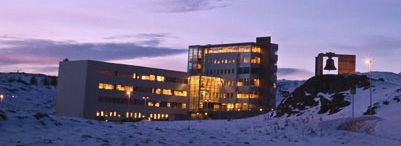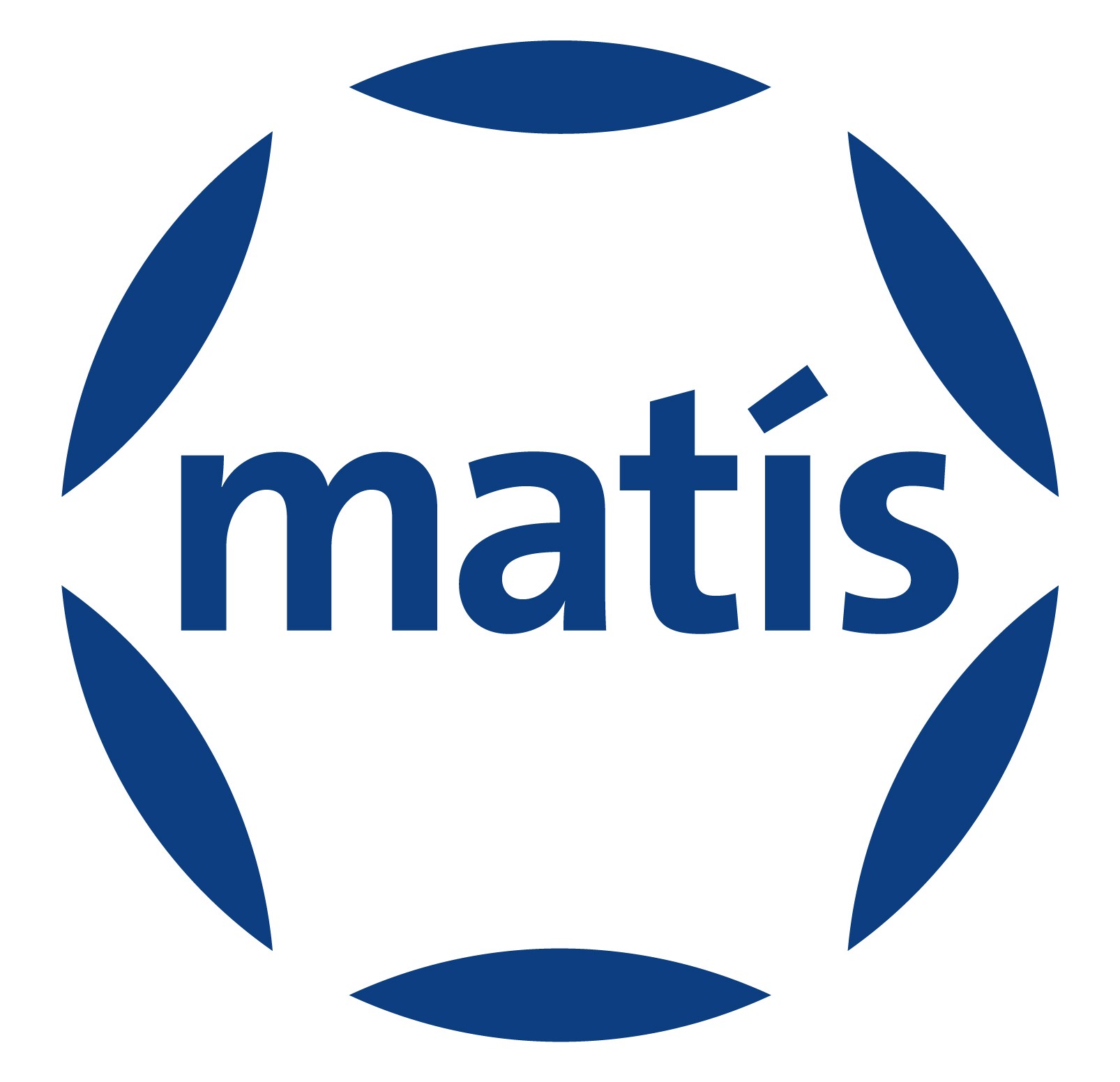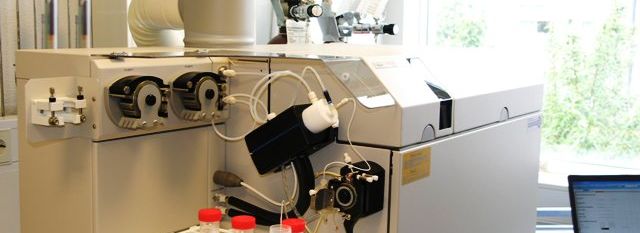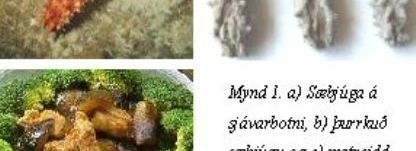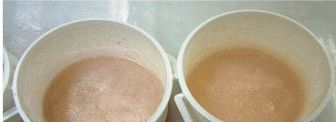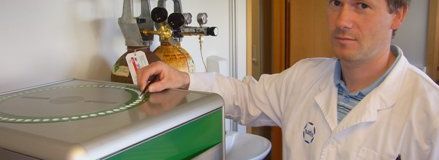Akureyri 12 June: Conference on future challenges in the fisheries sector
Fimmtudaginn 12. júní verður ráðstefna á vegum Háskólans á Akureyri um framtíðaráskoranir í sjávarútvegi. Á ráðstefnunni verður framtíð sjávarútvegs rædd […]
Akureyri 12 June: Conference on future challenges in the fisheries sector Nánar »
